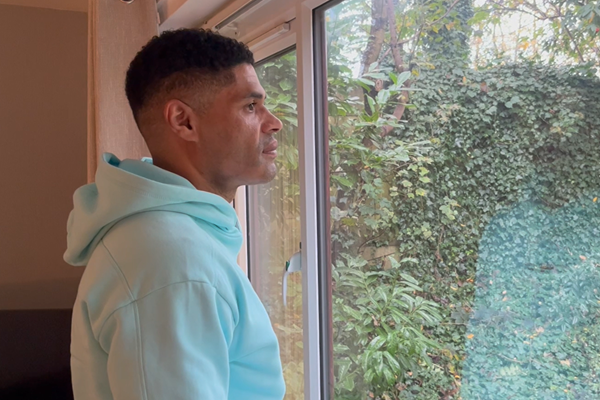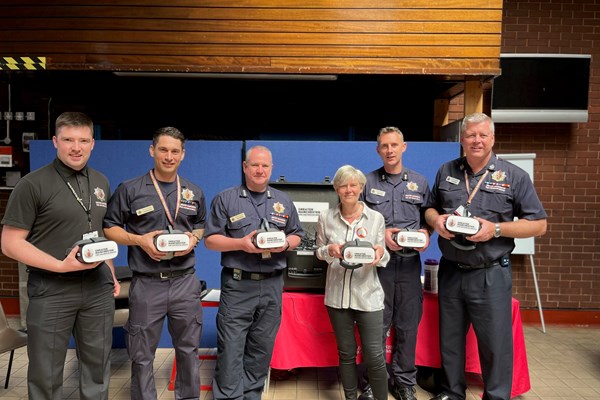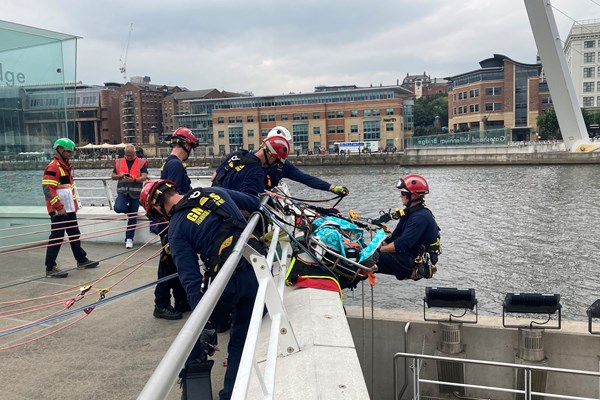
POWDER Checks
P.O.W.D.E.R Checks (Petrol, Oil, Water, Damage, Electrics, Rubber)
Basic, regular checks on your car will help keep you safe on the road as well as helps you avoid huge repair costs.
-
Petrol - Make sure you have enough for your engine. Without it, your engine will grind to an expensive halt - check the levels whilst your car is cool and on a flat surface.
-
Oil - this is the lifeblood of your engine. Without it, your engine will grind to an expensive halt. check the levels whilst your car is cool and on a flat surface.
-
Water - Water is essential to keep your engine from overheating. Keep coolant water and windscreen wash topped up.
-
Damage - Have a quick look around your car to check it's in the condition you left it in.
-
Electrics - Check your lights regularly. ask someone to help check your indicators and brake lights are all working properly.
-
Rubber - Your tyres are your link to the road. Check the tread, depth and pressure regularly and make sure there are no bulges or cuts the sides of tyre.
How to check your tyres
Tyre Condition, Pressure and Tread Depth checks - Learn about the checks, this will help you reduce the risks of tyre-related incidents.
20p Test
Current UK Law states that tyre tread on cars, must be at a minimum of 1.6 mm across the central three quarters of the tread, around it's entire circumference. You can easily check this by using a 20 p Coin.
Tyre Condition
Your Tyres are in constant contact with the road and as such, they suffer a lot of wear and tear, even if you drive carefully. This is why it is so important to keep and eye on the condition of your tyres
Tyre Pressure
To stay safe on the road, your car neds to have the correct tyre pressure. To find out what your car pressures should be, check your vehicle handbook
If the tyres are under or over inflated, then handling and grip will worsen, potentially causing irregular or unpredictable car behaviour.
Tyre Tread Depth
Tyre Treads are designed to give good grip on wet roads, but this generally decreases as a tyre's tread pattern wears down or as they depth of water increases. Drivers should take this into consideration and reduce their speed accordingly in wet conditions.
For more information & advice visit Tyre Safe (external website)
For further advice on risks such as aquaplaning visit RAC What is aquaplaning and how to avoid it (external website)



